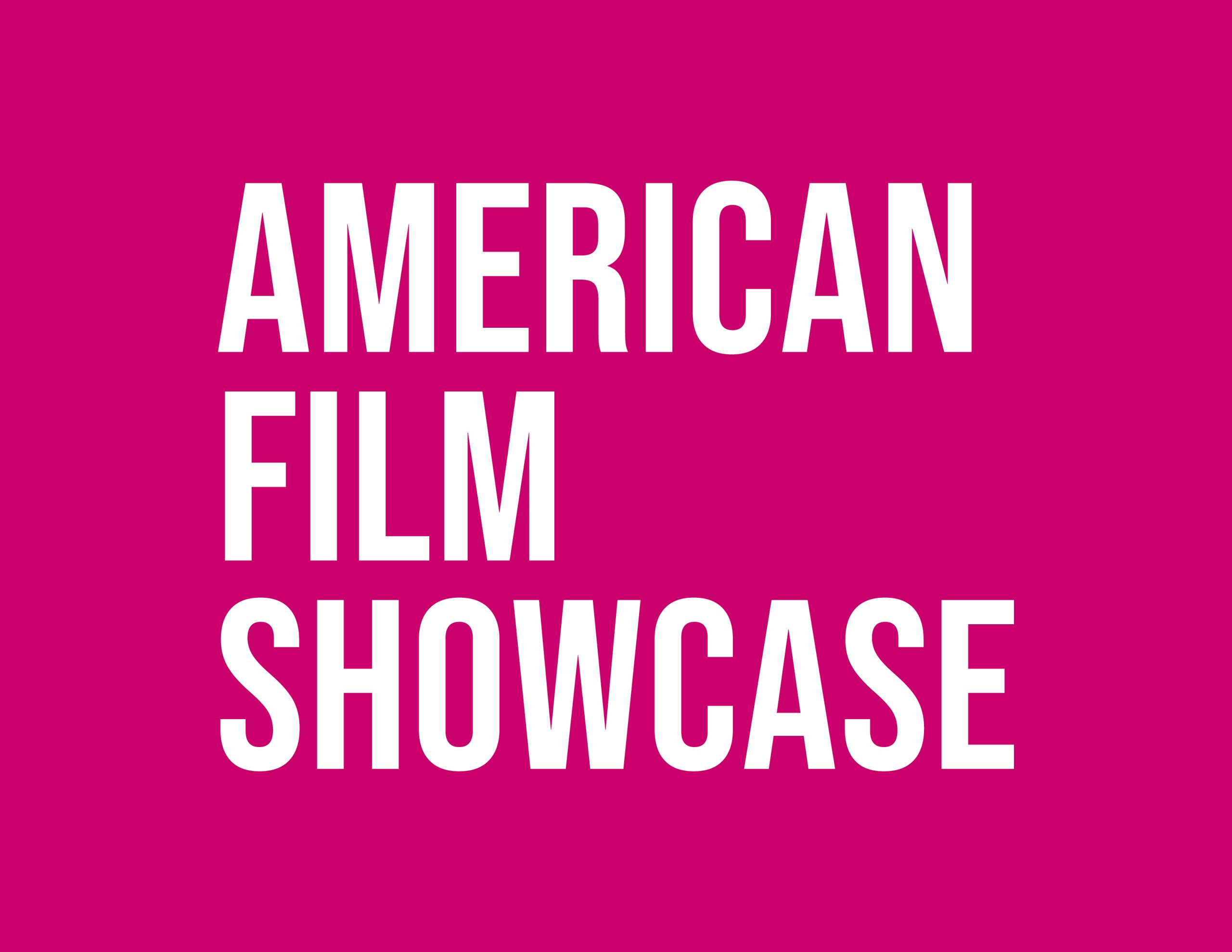 Rachel Dickson
Rachel Dickson
Rachel Dickson is an independent filmmaker based in Chicago with a background in journalism and Spanish translation. She produced ’63 Boycott with Kartemquin Films, which screened at the Museum of Modern Art in New York, won the Jury Award for Best Short Documentary at the Nashville Film Festival, the Audience Award at the Pan African Film Festival in Los Angeles and was shortlisted for an Academy Award. She was the Supervising Producer of The School Project, a web series collaboratively produced by Kartemquin Films, Media Process Group, Kindling Group, Free Spirit Media, and Siskel/Jacobs Productions, in partnership with WTTW/ Channel 11, the Chicago Sun-Times, and Ebony.com, which won a Hometown Media Award. She was a field producer for Hard Earned, a Kartemquin Films production commissioned by Al Jazeera America, which won the Alfred I. DuPont-Columbia University Award. Before that, she was a story producer for Central Standard on Education, WTTW’s first web series . She has worked as a teaching filmmaker of high school students for UChicago Impact Lab of the Urban Education Institute. She attended Chicago Public Schools and before working as a filmmaker, she worked as a journalist in Latin America for four years.
Tracye A. Matthews
Tracye A. Matthews is a curator, filmmaker and historian working within and between the realms of academia, public history, museums and documentary film. She is currently Executive Director of the Center for the Study of Race, Politics and Culture at the University of Chicago, where she was a past Mellon Postdoctoral Teaching Fellow.
Her curatorial work includes exhibitions, video installations, public programs and other projects produced for the Chicago Historical Society (now Chicago History Museum), the DuSable Museum of African American History, the National Civil Rights Museum, the National Public Housing Museum, the National Museum of Mexican Art, and the Schomburg Center for Research in Black Culture, among others.
Tracye has worked as a director, producer, cameraperson, researcher, and production assistant on various documentary film projects. She was awarded a fellowship from the Wexner Center for the Arts Film/Video Studio Program to work on her semi-autobiographical documentary exploring adoption within African American communities. Most recently, she produced the Academy Award©-shortlisted documentary short, ’63 Boycott, with Kartemquin Films.
She was previously an assistant professor in the Africana Studies Department at the University of Massachusetts Boston. Her writing has been published in numerous anthologies and journals including Race and Class, Sisters in Struggle: African American Women in the Civil Rights-Black Power Movement, and Black Women in the United States: An Historical Encyclopedia. Her ground breaking article, “No One Ever Asks What A Man’s Role in the Revolution Is”: Gender and the Politics of the Black Panther Party, 1966-1971,” published in The Black Panther Party Reconsidered, was one of the first scholarly articles on the subject of gender and sexuality in the BPP and is frequently cited by other Panther Studies scholars.
She is a co-founder of the Intersectional Black Panther Party History Project (IPHP), an online platform and public programming collective; and an advisory board member of the Sisters in Cinema Media Arts Center.
Matthews received her Ph.D. in American History from the University of Michigan, where she was the inaugural director of the Ella Baker-Nelson Mandela Center for Anti-Racist Education.
Gordon Quinn
Gordon Quinn—Artistic Director and founding member of Kartemquin Films—has been making documentaries for 50 years. In his first film, Home for Life, heralded as “an extraordinarily moving documentary” by Roger Ebert, he established the direction of his life and career: storytelling that examines the broader culture through the unfolding lives of real people.
A longtime activist for public and community media, Quinn was integral to the creation of ITVS, public access television in Chicago, The Documentary Filmmakers Statement of Best Practice in Fair Use, and in forming the Indie Caucus to hold PBS accountable. Quinn has inspired an immeasurable number of media makers whose films have won numerous awards and left a lasting impact on millions of viewers.
With Kartemquin, Gordon has created a legacy that inspires young filmmakers and provides a unique structure for the collaborative creation of high-quality, social-issue documentaries. Kartemquin’s best-known film to date, Hoop Dreams (1994), executive produced by Quinn, was released theatrically to unprecedented critical acclaim.
Gordon continues his legacy of excellence in filmmaking with Minding the Gap and America to Me, both executive produced by Quinn and both world premiering at Sundance Film Festival 2018. Quinn also executive produced the 2018 Academy Award® nominated films Edith+Eddie and Abacus: Small Enough to Jail.
About the Film
On October 22, 1963, more than 250,000 students boycotted the Chicago Public Schools to protest racial segregation. Many marched through the city calling for the resignation of School Superintendent Benjamin Willis, who placed trailers, dubbed ‘Willis Wagons,’ on playgrounds and parking lots of overcrowded black schools rather than let them enroll in nearby white schools. Blending unseen 16mm footage of the march shot by Kartemquin founder Gordon Quinn with the participants’ reflections today, ’63 Boycott connects the forgotten story of one of the largest northern civil rights demonstrations to contemporary issues around race, education, school closings, and youth activism.
